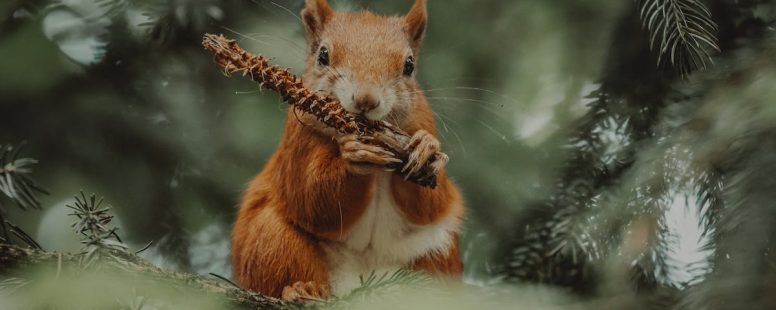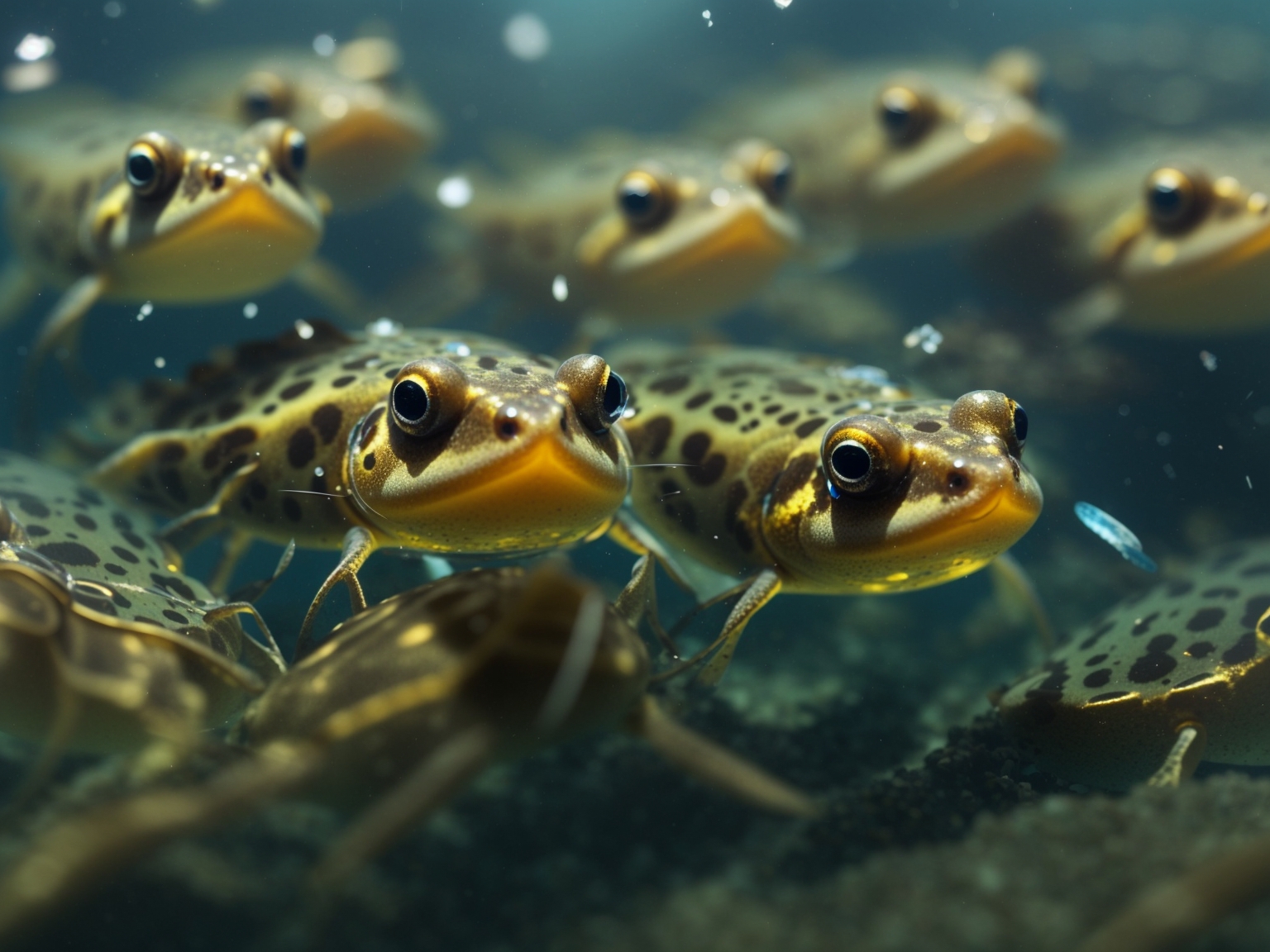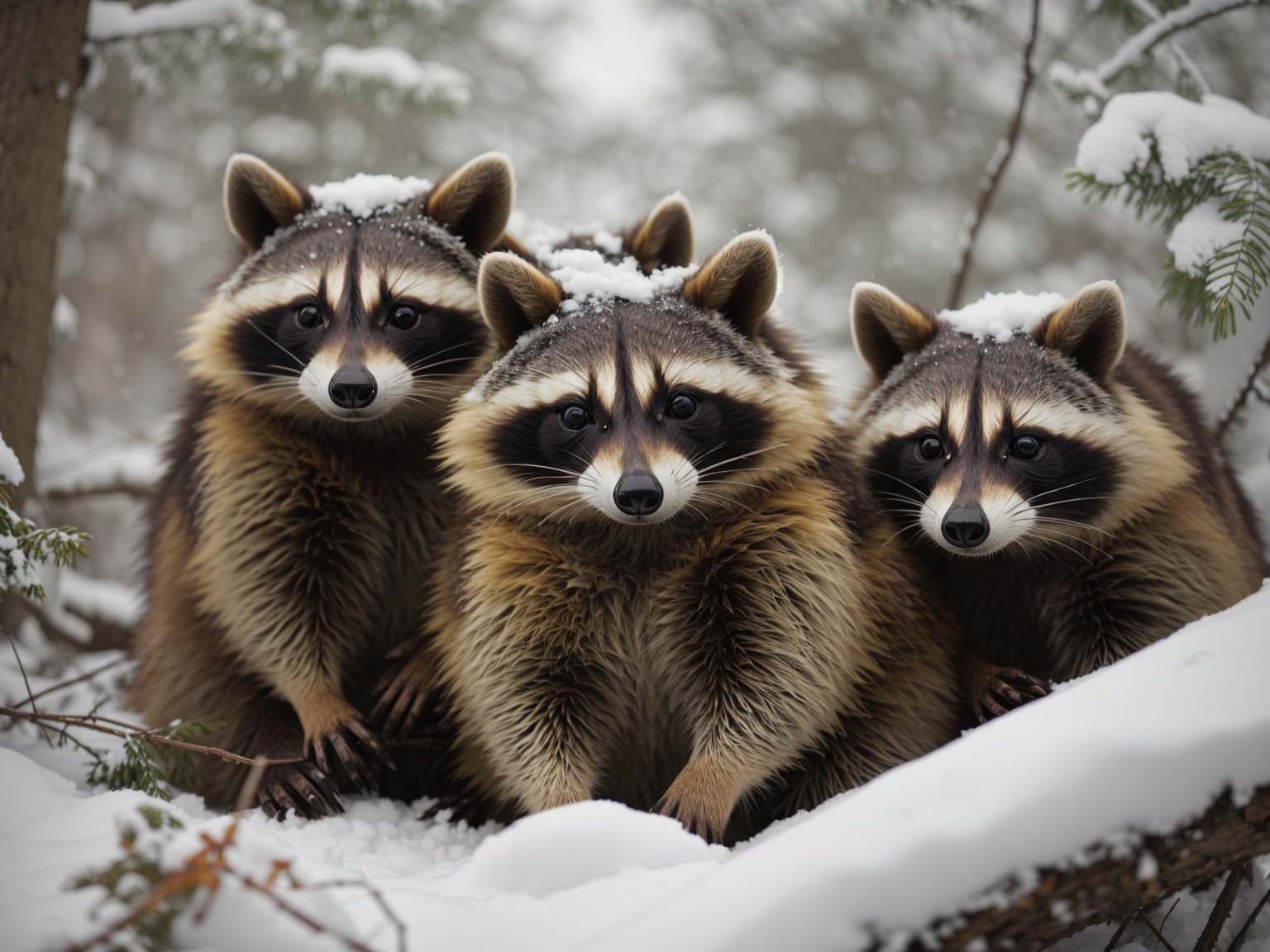Can Squirrels Eat Raisins? Risks & Tips for Safe Feeding
Curiosity about the dietary habits of squirrels often leads to questions about what these bushy-tailed critters can munch on. Raisins, those sun-dried grapes we often enjoy as a snack, might seem like a natural fit for a squirrel’s diet. But the question remains: do squirrels actually eat raisins?
Are Raisins a Part of a Squirrel’s Diet?
You might be wondering if those wrinkly morsels known as raisins are safe for squirrels. While squirrels are not picky eaters, it’s crucial to understand what’s beneficial for them. Raisins, dried grapes, are indeed eaten by squirrels, but they should be given in moderation due to their high sugar content.
Like humans, squirrels need a balanced diet, and too much sugar can lead to health issues. In their natural environment, squirrels typically feast on a variety of nuts, seeds, fruits, and the occasional insect. Raisins, while not a natural part of their diet, can be a tasty treat.
Key Facts About Squirrels and Raisins:
- Natural Diet Balance: Squirrels require a diet rich in protein, fats, and carbohydrates.
- Sugar Content: Raisins have a high concentration of sugars which can affect a squirrel’s health negatively if consumed in large quantities.
- Treat, Not Staple: Raisins should be an occasional treat rather than a staple in a squirrel’s diet.
It’s your responsibility to offer raisins sparingly. Though squirrels might relish this chewy treat, ensure that this isn’t at the expense of their health. A couple of raisins once in a while won’t harm them, but it should never replace their natural food sources.
When feeding wild squirrels, remember they have plenty of natural sources of nourishment, and anything you offer is supplementary. If you have a pet squirrel, consult with a vet to create a diet plan that keeps them healthy and satisfied.
Squirrels’ foraging nature drives them to try various foods, which means they’ll probably show interest in raisins if you present them. Just observe how much and how often they’re fed this sugary snack. By maintaining a diverse and nutrient-rich diet, you ensure the squirrels in your backyard—or under your care—stay energetic and robust.
What Do Squirrels Eat in the Wild?
Understanding a squirrel’s natural diet is crucial for ensuring their health and well-being. In the wild, squirrels exhibit omnivorous behavior, meaning they’ll eat both plants and animals. The primary components of their diet include:
- Nuts and seeds: These are essential, providing the fats and proteins squirrels need.
- Fruits: While raisins are an option, squirrels typically prefer fresh fruit.
- Insects and small animals: Squirrels aren’t strictly vegetarian. They’ll hunt for insects, small birds, or eggs to satisfy their protein requirements.
- Plant materials: This includes leaves, roots, and bark, especially when other food sources are scarce.
Seasons play a significant role in a squirrel’s diet. During spring and summer, fresh fruits and a broader variety of seeds are available. Nuts, such as acorns and walnuts, become the focus in autumn as squirrels gear up for winter. Winter diets rely heavily on the caches stored throughout their habitat, which predominantly contain nuts and seeds due to their long shelf life.
While observing squirrel eating habits, you’ll notice they’re adaptive foragers. If they come across a bird feeder, they might raid it for sunflower seeds or other bird-friendly provisions. It’s this adaptability that enables squirrels to thrive in diverse environments, from deep woods to urban parks.
When you’re looking to support local wildlife, be mindful of the treats you offer. Squirrels may enjoy the occasional raisin, but such treats should not eclipse their foundational need for a varied diet rich in natural sources. Think about supplementing with items that mirror their wild intake, like nuts in shells or fresh-cut fruits. This approach not only promotes a healthy diet but also encourages natural foraging behavior.
Remember, though, that dietary needs can vary by region and species. The gray squirrel may have a different preference than the red or flying squirrel. If you have squirrels in your yard, observe their eating patterns and consider those when choosing what to put out for them. This insight could help you become an effective steward of your local wildlife.
Can Squirrels Eat Dried Fruits Like Raisins?
When exploring the dietary flexibility of squirrels, you might wonder if dried fruits, including raisins, are suitable for their consumption. Yes, squirrels can eat dried fruits such as raisins. However, it’s essential to recognize the difference between natural food sources and human-provided snacks. Dried fruits are not a regular part of squirrels’ diet in the wild but can be enjoyed as an occasional treat.
Offering raisins to squirrels should be done with care due to their high sugar content. While squirrels have a penchant for sweet foods, too much sugar can be detrimental to their health. Think of raisins as the squirrel equivalent of candy — a small indulgence rather than a staple. For a balanced approach, consider providing these tiny dried treats alongside their more traditional foods.
When it comes to portion control, less is more. A few raisins once in a while won’t harm a squirrel, but daily feeding could lead to nutritional imbalances or obesity. It’s vital to intersperse raisin offerings with a variety of nuts and fresh produce mimicking their natural eating habits.
Here are a few things to keep in mind when feeding squirrels raisins:
- Moderation: Avoid overfeeding and stick to small quantities.
- Variety: Mix raisins with nuts, seeds, and fruits to provide a rich diet.
- Observation: Watch how the squirrels react to different foods to gauge their preferences.
By closely observing the squirrels in your vicinity, you can discern their specific tastes and how well they tolerate occasional treats like raisins. Contributing to their diet in this way can enhance the overall well-being of these delightful creatures, ensuring they remain a charming part of the local ecosystem.
Health Benefits and Risks of Feeding Squirrels Raisins
When you think about treats for squirrels, raisins may come to mind as a sweet option. But it’s critical to weigh the advantages and possible downsides before making them a part of your backyard friends’ diet. Raisins are dried grapes and, like their fresh counterparts, contain antioxidants and essential nutrients that can be beneficial for squirrels.
Here’s a quick rundown of the nutritional value raisins offer:
- Vitamins: Raisins are a source of vitamins, including Vitamin C which supports the immune system.
- Minerals: They provide minerals like potassium and iron that are essential for bodily functions.
- Fiber: A good fiber content aids in digestion, which is important for a squirrel’s health.
However, raisins also come with their own set of risks. Overconsumption can lead to digestive issues and unhealthy weight gain due to their high sugar content. The natural sugars in raisins, while a quick source of energy, can also cause a spike in blood sugar levels, which isn’t ideal for these small creatures.
It’s also worth noting that the size and stickiness of raisins pose a potential choking hazard, especially for younger squirrels. Furthermore, not all raisins are created equal—those treated with preservatives can introduce unwanted chemicals into the squirrels’ diets.
To safely introduce raisins into a squirrel’s diet, consider the following:
- Mix It Up: Combine raisins with other foods to balance nutrition.
- Watch the Amount: A few raisins should be enough, given as an occasional treat rather than a main food source.
- Quality Matters: Opt for organic, unsulfured raisins to avoid harmful additives.
Observing how the squirrels in your care react to raisins can provide insight into their individual tastes and tolerances. It’s an opportunity to connect with nature while ensuring the squirrels remain healthy and thriving. Remember, moderation is key—just like any treat, raisins should be a small part of a varied and balanced diet for squirrels.
Conclusion
You’ve learned that while raisins can be a tasty treat for squirrels offering them some nutritional benefits moderation is key. Remember to prioritize their health by serving organic unsulfured raisins and mixing them with a variety of other foods. Keep an eye on how your furry friends react to this sweet snack and always consider their individual dietary needs. By doing so you’ll ensure that these little creatures enjoy their treats without compromising their well-being.
- What Insurance Do I Need for a Private Dog Park? Essential Coverage Explained - September 28, 2025
- Why Are Backyard Businesses Popular in the US? Top Reasons Behind the Trend - September 28, 2025
- How to Make a DIY Zen Stone Stacking Garden: A Step-by-Step Guide to Mindful Serenity - September 27, 2025




